Alumna Dr. Shivani Ruparel Explains How She Became an Assistant Professor
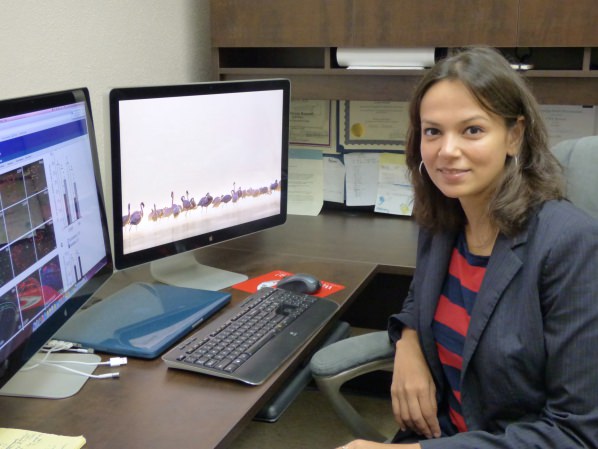
Dr. Shivani Ruparel is currently an assistant professor at
the UT Health Science Center in San Antonio. She obtained her bachelor’s and
master’s in microbiology in India.
“I was exposed to research during my master’s program which
is when I realized that I liked it and is feasible for me to make a career out
of it,” Dr. Ruparel said.
Following her passion, she came to the United States to
attend the Cellular and Structural Biology Ph.D. program
at UTHSCSA in 2003.
While she was a graduate student, she studied the role of
telomerase in prostate cancer under the guidance of Dr. Robert Marciniak and Dr. Linda deGraffenried. Telomerase is traditionally known for its role in
telomere elongation in cancer cells that enables these cells to replicate
indefinitely.
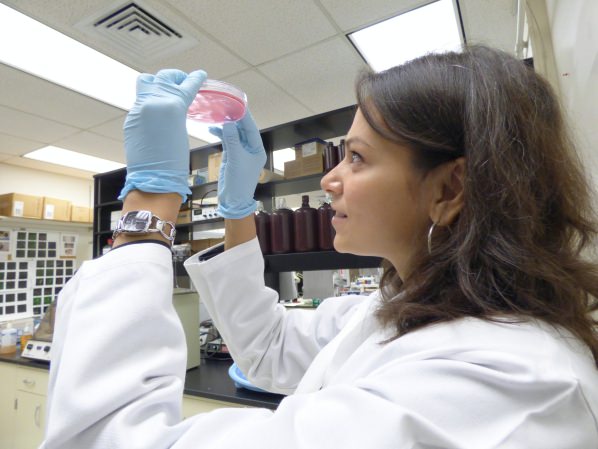
“I was always interested in working on cancer as a disease
and was always intrigued to know that these cells had a unique capacity to not
only grow indefinitely and attack our bodies but also to become resistant to
treatment over time,” she explained.
The project gave her extensive
training in cell and molecular biology and after obtaining her doctoral degree,
she pursued a post-doc under the guidance of Dr. Kenneth Hargreaves, chair of
the Department of Endodontics at UTHSCSA.
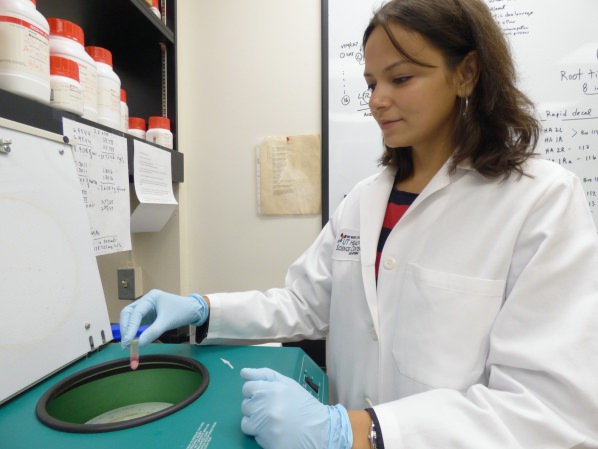
“Since science today is more
of an interdisciplinary subject, I wanted to expand my knowledge by pursuing
something I hadn’t had training in during my graduate school,” she said. I
thought that neuroscience is a field that encompasses many other disciplines of
science into one.”
“I therefore wanted to join a
neuroscience-based lab for my postdoctoral fellowship to get a broader
perspective of basic science, she said. “Dr. Hargreaves is a well-known
scientist in the field of pain and neuroscience research and therefore I decided
to pursue my fellowship with him.”
During the second year of her
post-doctoral fellowship, Dr. Hargreaves offered her a faculty position in the
department and she was officially appointed as an assistant professor at the
end of the third year of her fellowship.
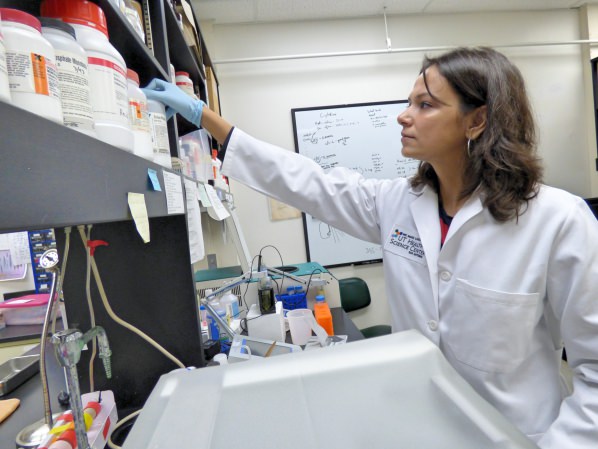
“My post-doctoral fellowship provided
me with the theoretical and practical knowledge of many subjects such as
neuroscience, physiology, and anatomy which are skills that I am able to incorporate
into my research today,” she said.
Dr. Ruparel explained that a
typical day for her is mostly planning and designing experiments for her research
assistants, performing some experiments as well as analyzing data. She recently
won the 2015 American Cancer Society (ACS)
Grant Award, a competitive,
peer-reviewed two-year grant for her research.
Dr. Ruparel explains that the
field of research and academia is competitive.
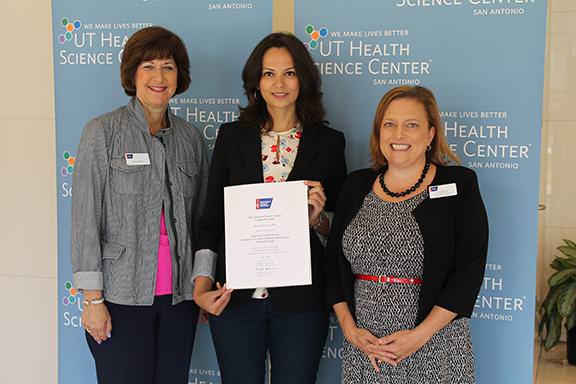
“I know it can be stressful
and there is often struggle period before you can secure a desired position,”
Dr. Ruparel said. “However if you are truly interested in research, I would
suggest students to weigh out all the options out there that are related to
science before you decide which way you want to go.”
She suggested that students
to work with the Office of Career Development towards their goal right from the day they have
identified their area of interest.
“There are a lot of
alternative career options to research that can still let you stay connected
with science. I suggest you explore all of them as soon as possible and work
towards it at the earliest.”
This article is part of the “Meet The Researcher” series which showcases researchers at the Graduate School of Biomedical Sciences at University of Texas Health Science Center San Antonio.
